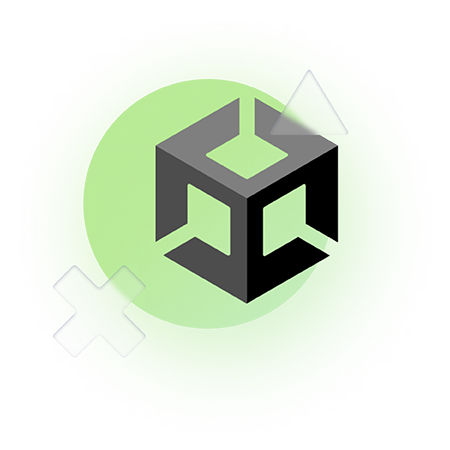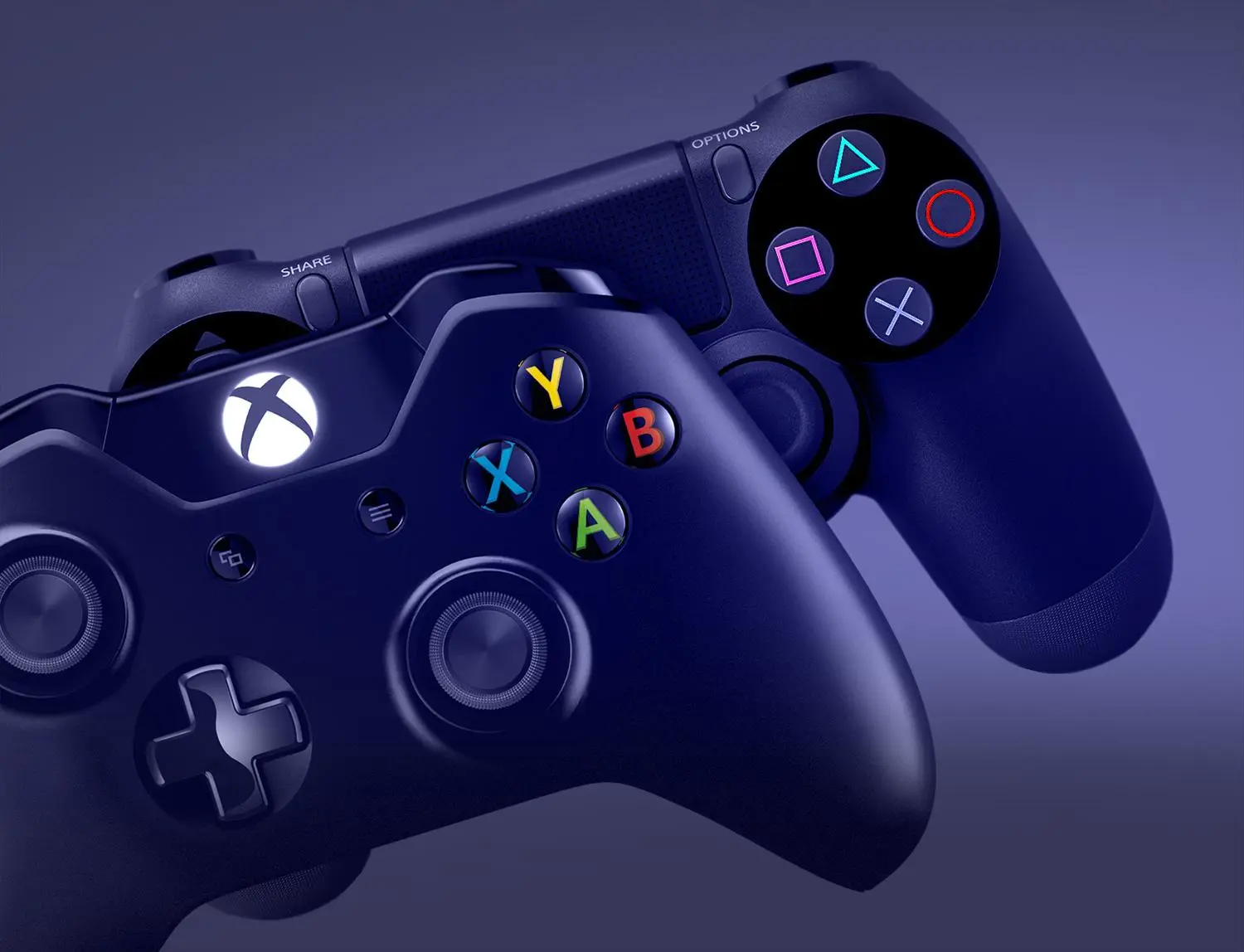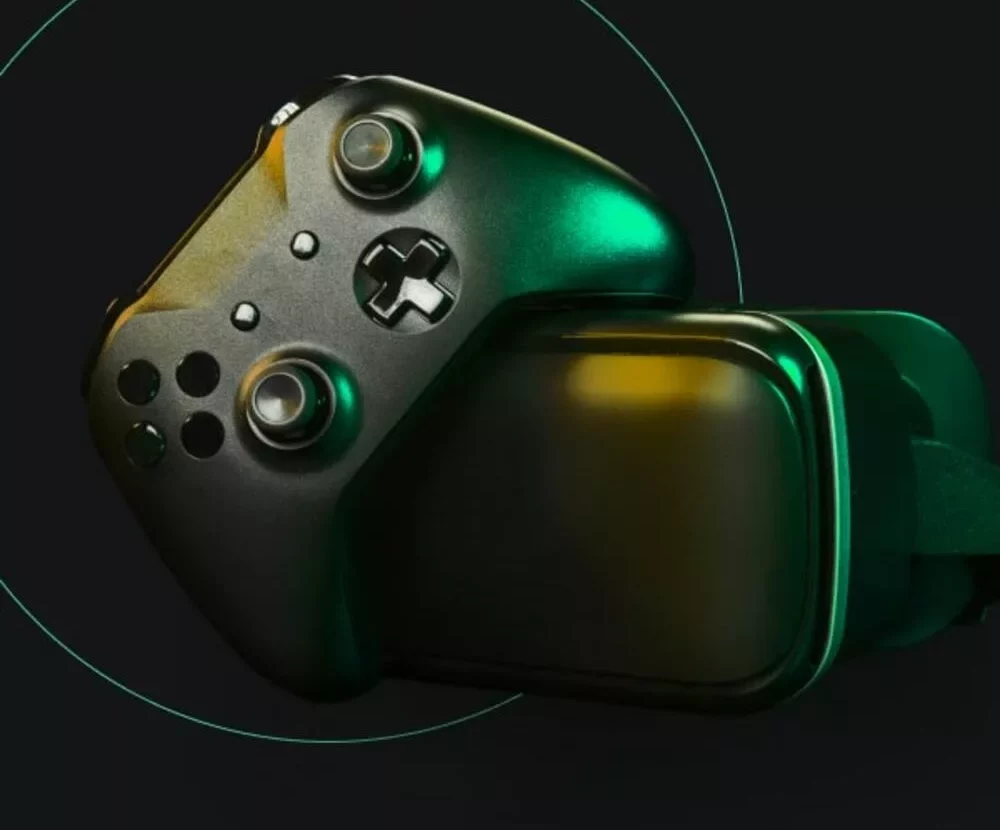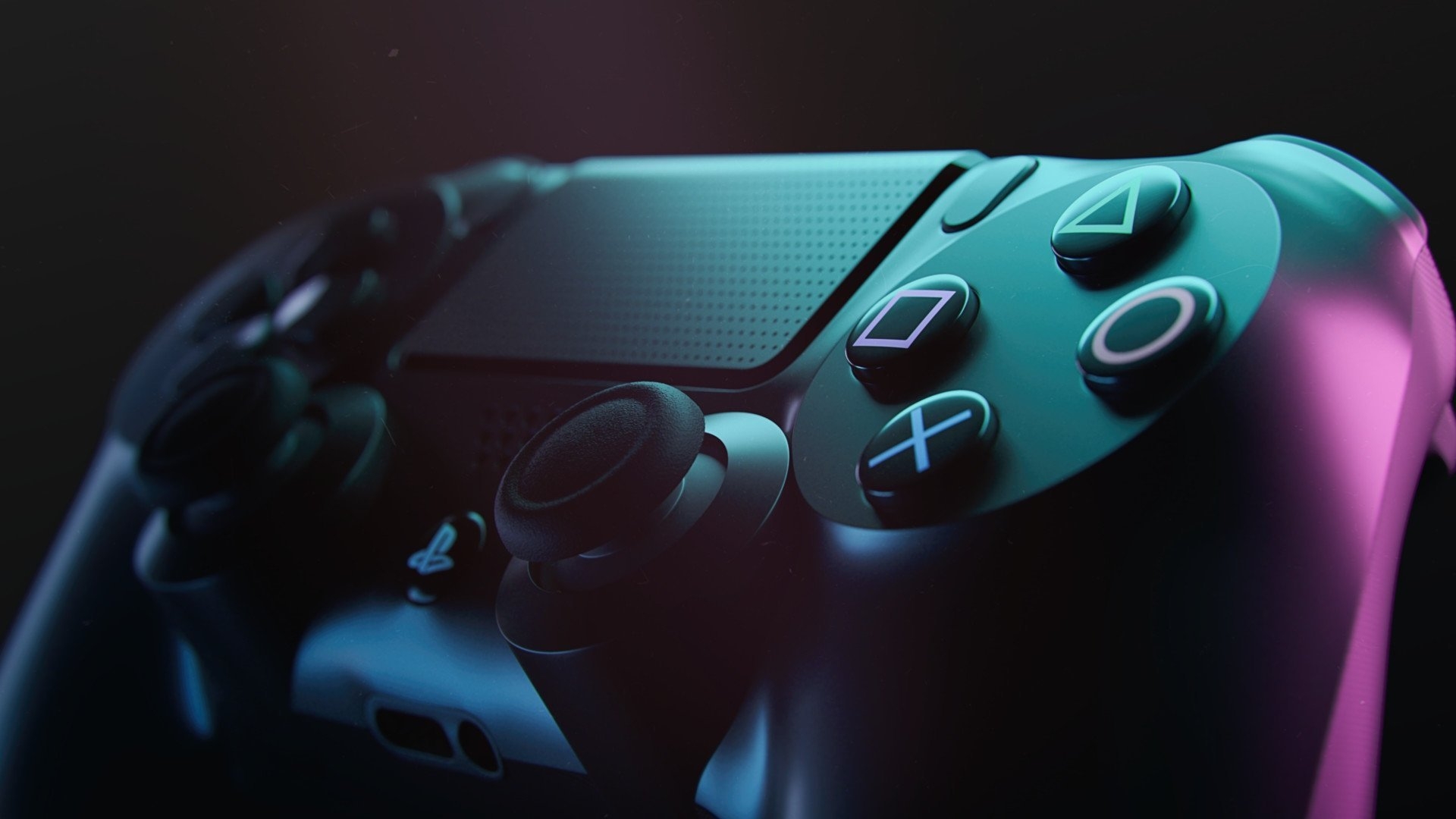what skills are important
The game market is growing steadily: according to Global Games Market Report, the game industry will reach $196 billion by 2022. Such growth requires new specialists, and one of the key figures in game creation is a game designer.
A game designer is a unique specialist who generates creative ideas and develops game systems that can captivate players for years to come.
Game design: art or science?
Some would say that game design is great art, others would say it’s not a simple science. Both are right. The only question is which side you are on. If you’re a user, you’re more likely to classify games as art. Whereas developers understand that it’s mostly a science. The way games are structured on the inside is quite different from the way they are perceived on the outside.
What a game designer does
A game designer invents a game and explains to the team how to make it.
One of the game designer’s main tasks is to organize the user’s leisure time so that he or she can have a pleasant time playing the game. Rather, even spent with pleasure, that is, had a good experience. Therefore, when creating a game, the game designer should think about the user experience. If the player gets an interesting choice, new emotions and experiences, a new experience, then he will remember it and will return to such a game.
A game designer can be compared to a magician who creates a special reality and experience for the player?
What game design consists of
Designing the rules of the game. A game designer is at the head of this process and comes up with the rules: who takes what role, at what point what should be done, victory and defeat conditions, the duration of the game.
The process of formulating the content of the game. A game designer works with related departments: artists, programmers, community managers, marketing specialists, technical support and other departments, depending on the product.
The role of a game designer in the team
One of the key points in the work of a game designer is his or her interaction with the team. Primarily, with programmers and artists.
Let’s analyze what a game designer does in a team.
He or she formulates and broadcasts the “What? What should be drawn by the artists, what should be programmed by the developers, what thoughts should be conveyed to the product community managers. At the same time the game designer never gets into the “How?
Doesn’t let the product concept mutate. A game designer is responsible for the end result, so makes sure that the tasks he or she is given are performed exactly as he or she needs them to be.
Works as a liaison. Game designer directly affects how the team interacts with each other and how quickly and efficiently the product moves to completion.
A game designer is as difficult as a circus performer. You need to know and be able to do a lot of things, but not show it too obviously.
What a Game Designer Should Know
It is not only professional skills that distinguish a novice game designer from a professional one, but also soft skills. Let’s start with the latter.
Communicate
A game designer interacts a lot with people, verbally or in writing. There are different kinds of employees – introverts and extroverts. And a game designer needs to be able to convey his or her thoughts to everyone in different ways. This is not only verbal communication, but also the ability to “draw” something quickly for an artist in the form of a note or “write” a task for a programmer in a language he or she understands.
Also, a game designer needs communication skills for defending ideas and negotiating.
Being organized and punctual
Consider where these skills are needed.Evaluating tasks and getting results in a timely manner. A game designer gives tasks to the whole team, many processes are tied to him – it’s a big responsibility. Because of this, game designers are often called the “bottle-neck”, and the whole project depends on the game designer’s self-organization.
Task Flow Planning. Whereas programmers and artists have single-type tasks, a game designer has diverse tasks. For example, to select references for the sound designer, make mock-ups for the artists, write the terms of reference for the programmers. And also for analysts to prepare a base, and for producers to generate ideas for the next releases and a development plan.
It is important to be able to divide a wide stream of tasks into small streams and properly prioritize them.
Be literate and know English
Since a game designer works a lot with text, his knowledge of Russian should be excellent. In addition to literacy when working with text, a game designer should follow the simple rules of typography: the layout and readability of the text. Programmers will say “thank you”?
Knowledge of English is critical, especially for beginners. Professional literature and media resources are 90% in English. Moving on to the hard skills of a game designer.
Know the market
Playing a lot is the most important skill. A game designer is always a gamer (but not vice versa ?). The question they might start an interview with a game designer at any level is, “What games have you played in the last month?” Unfortunately, even those who are professionally involved in game design often can’t answer this question – and that’s a loud wake-up call. If a game designer doesn’t play games, how can he or she make them?
You have to review any game, both old and new. And there’s a nuance here.
Every year it’s getting harder and harder to become a game designer without systematic knowledge that is usually given in the courses. The reason for this is that there are hundreds of thousands of projects released over the past decades. And if you haven’t played before, you need a good understanding of what to focus on, what resources to read and what to use.
Make deconstructions. That is, disassemble the game into all its components. As a result of deconstructing you will learn the pros and cons of the game, why it became popular, how much money it brings, how you can create something similar.
Don’t get off on genres and platforms. “Who needs that Nintendo Switch for kids?”, “No way I’m buying games from the Epic Games Store” – that sounds weird. There are no “bad” platforms for a game designer, you have to play everything and everywhere. Having a different kind of observation is important for self-development.
Mathematics
Beginning game designers are often intimidated by the notion that deep math skills are required. You don’t need a lot of it, unless you want to make complex economic strategies. Usually a high school math course is enough. A spreadsheet processor is the main tool of a game designer. It does not matter if it is Excel, Google Tables or OpenOffice. A game designer doesn’t have to be a Ph.D. in mathematics, but he must know the mathematical base.
Aesthetics
A game designer evaluates the work of the art department, so he or she must be erudite in terms of art. It is important to be able to distinguish between bland and masterpiece. Often artists draw disconnected from the process, and the game designer needs to be able to get them back on track by giving clear feedback.




Hi, this is a comment.
To get started with moderating, editing, and deleting comments, please visit the Comments screen in the dashboard.
Commenter avatars come from Gravatar.